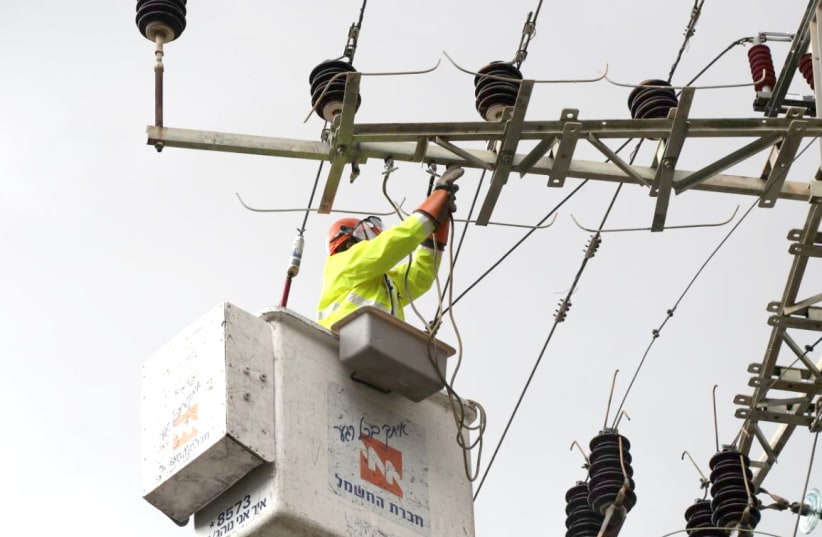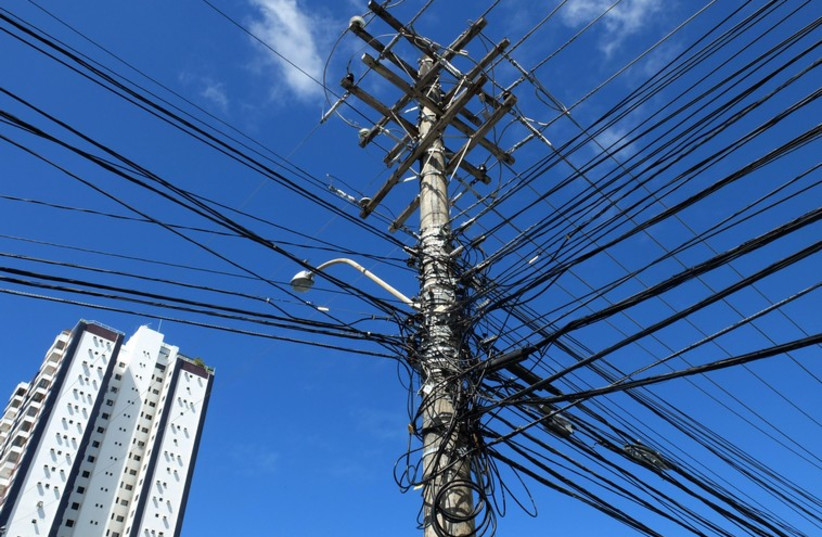If new power plants are not built in Israel now, a shortage of electricity is expected to occur in the country's center by 2026.
That is what Meir Spiegler, Israel Electric Company CEO, claimed in an interview with Maariv, further explaining that this is why the Reading power plant in Tel Aviv, now dormant, hasn't been torn down.
The IEC ended 2022 with a profit of NIS 1.77 billion. After taking some unusual events into account, profits dropped to NIS 1.1 billion.
Spiegler told Maariv that "electricity rates won't drop so quickly...we equipped ourselves with a large inventory of coal, and thanks to the increase in its world market price and the increase in the value of the inventory, the IEC recorded a one-time profit while the electricity tariff was supposed to go up."
Spiegler stated that "the profit is intended for investments in equipment, vehicles, tools and the development of various projects. When you invest in a power plant or lay out a network, the cost of the investment is spread over 30 years. In the meantime, there's a deficit in cash flow and the IEC needs to pay rising capital costs."
Israeli government promises 8.6% electricity rate reduction
However, the government promised an 8.6% rate reduction. On that note, Spiegler says that the electricity rate went up twice in 2022 by less than it should have. Following the government's decision, it went up in January 2023 by 8.2%. In February, the rate was reduced by 2% thanks to the reduction of the excise tax.
Regarding selling the land on which Reading stands and dismantling the plant, Spiegler answered that there's a problem with regulating planning and construction. There's also a problem with the ability of the IEC to provide all the electricity required for businesses.
He added that the only option is to continue operating the Reading station or else, from 2026, there will be an acute shortage of electricity in the center of the country.
Reading has been out of business for a year. Renovating the plant will cost NIS 400-500 million. In any case, the reliability of the supply from the station will drop to 70%.
Spiegler encourages consumers to switch to smart electricity meters. "The work plan for 2023 is to distribute 200,000 smart meters. With the approval of the board of directors, the Treasury and the Energy Ministry, I pushed to double this to 400,000."
The smart meters are the basis of the competition for supply, and according to Spiegler, competition is favorable. A smart meter will be installed in every new building connected to the electricity grid, he concluded, and any consumer who wants to replace an old meter can buy a new one for NIS 262.


